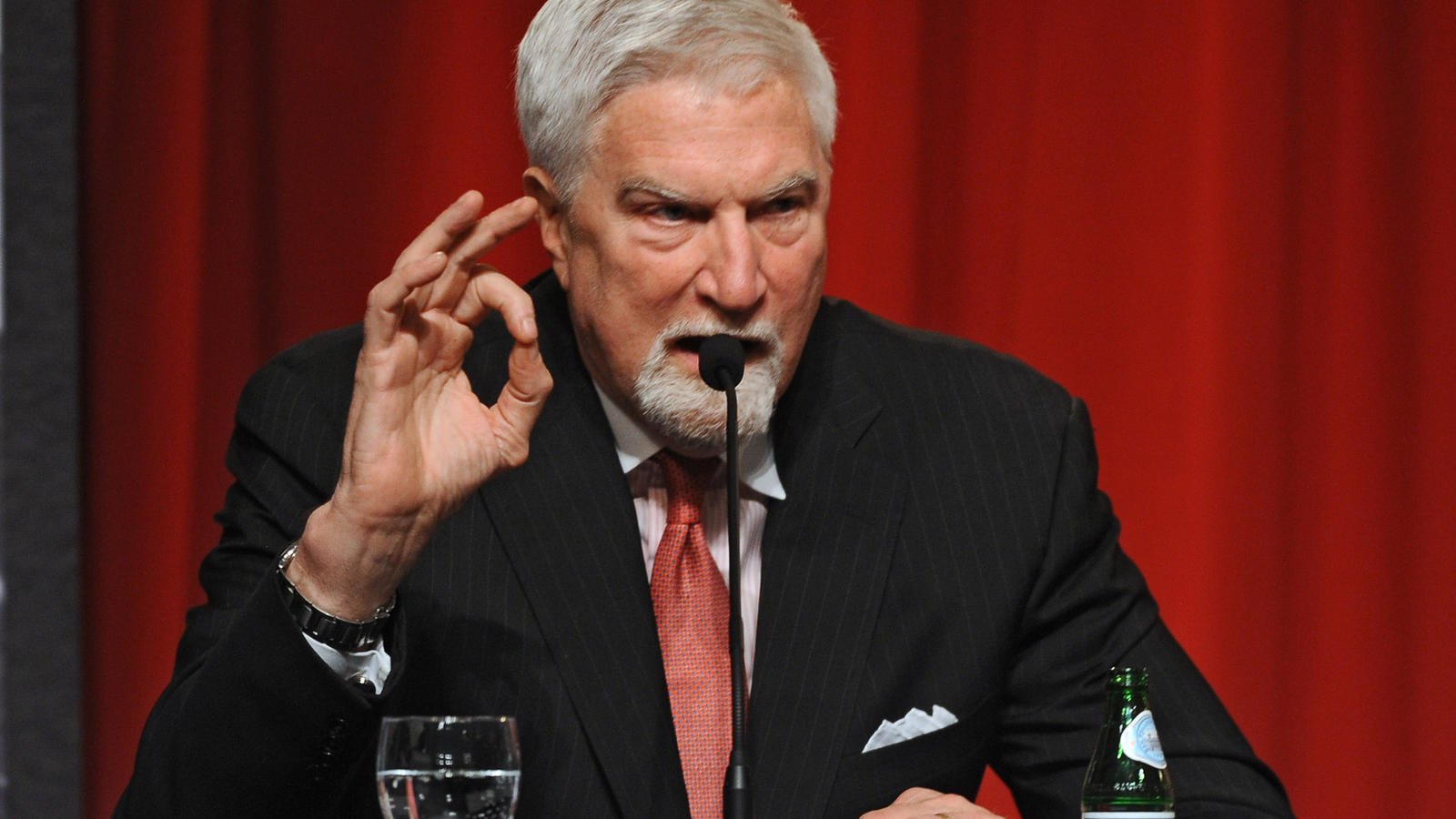Former Congressman: Odds of Sports Betting Attracting Federal Regulation Long, Scandal Could Prompt Action
Posted on: August 20, 2018, 03:30h.
Last updated on: August 20, 2018, 02:57h.
The legality of sports betting is up to each state following the Supreme Court’s May repeal of the Professional and Amateur Sports Protection Act (PASPA).

A host of regulatory concerns are now present, but one former congressman says he doesn’t expect federal intervention unless a major scandal emerges.
Tom McMillen, a former US House member who represented Maryland, told ESPN that free of a major sports betting scandal, he doesn’t see Congress again involving itself with sports betting. However, should a point shaving controversy rock college or professional sports, McMillen says “you will see federal intervention.”
The majority in the Supreme Court’s 6-3 decision found that PASPA violated anti-commandeering interpretations of the Tenth Amendment and was therefore unconstitutional.
Delaware, New Jersey, and Mississippi have since joined Nevada in allowing full-fledged sports betting. Four others have passed regulations but operations are yet to commence.
Hatching a Plan
The Hill reported that after PASPA was struck down, the NCAA and four major sports leagues ramped up their lobbying efforts in DC to convince Congress to create a nationwide regulatory framework.
Senator Orrin Hatch (R-Utah), who was one of the original authors of PASPA, vowed to introduce new legislation to monitor sports betting. However, a planned hearing on the matter in the US Senate Judiciary Committee was abruptly canceled in June.
Hatch maintains that federal oversight is needed due to the internet.
“The problems posed by sports betting are much the same as they were 25 years ago,” Hatch opined. “But the rapid rise of the internet means that sports betting across state lines is now just a click away.”
Though states can facilitate sports betting, the Wire Act prevents interstate betting, meaning persons in one state cannot place a wager on a sportsbook in another without physically going there.
But inside their borders, states are free to set their own regulations. Justice Samuel Alito wrote in the PASPA decision, “Congress can regulate sports gambling directly, but if it elects not to do so, each State is free to act on its own.”
Scandal Concerns
The NBA, MLB, NHL, and several colleges have called on state lawmakers to include so-called “integrity fees” in their regulation that would allocate a percentage of the money bet on their competitions for the leagues. But margins on sports betting are razor-thin, with hold (aka money kept) about five percent in Nevada, a state where oddsmakers have perfected the craft for decades.
The organizations claim the money would be used to cover increased costs in monitoring betting for suspicious activity.
McMillen said prior to the PASPA overturn that the college arena is of utmost concern for point shaving. He points to the fact that college players are unpaid athletes, which might make them more susceptible to taking a bribe to throw a game.
“These kids are on scholarship. We’ve seen point shaving scandals before,” McMillen said.
Famous examples include 1950-51 college basketball season where 32 players admitted to taking bribes to fix 86 games. During the 1978-79 college basketball season, several players for Boston College admitted to throwing games for underground bettors.
Two of the most notorious examples in pro sports include Pete Rose, who remains barred from the Baseball Hall of Fame for gambling on games he managed, and NBA referee Tim Donaghy, who admitted to officiating games in a way to aid bookies.